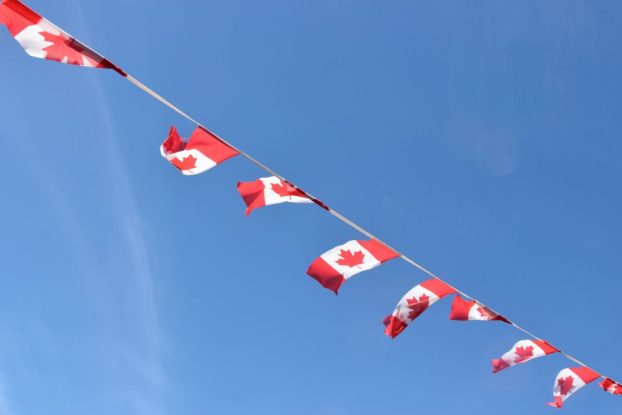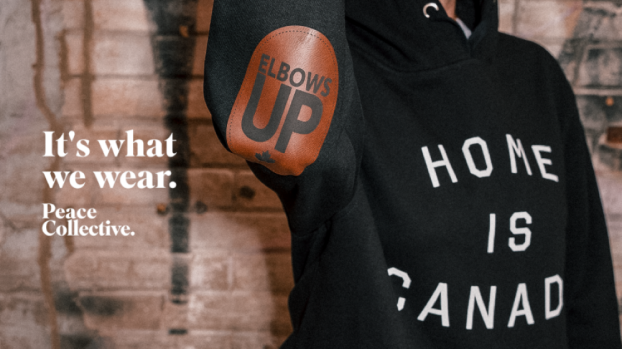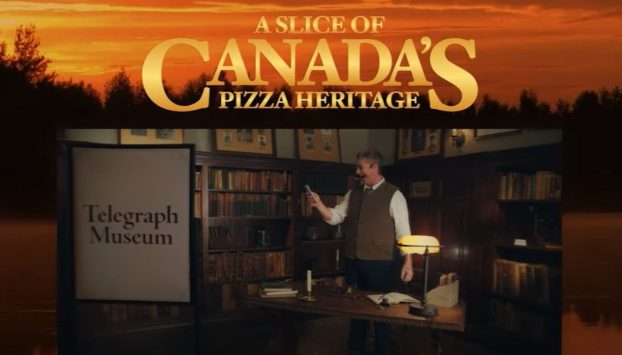‘Hello this is Malcolm X. You know, when I’m speaking at a large political rally, my throat can get real scratchy. That’s why I count on Brand X Medicated Throat Lozenges. The Mentholyptus action really helps me stick it to the Man.’
Ever come across a celebrity endorsement that makes you spit out your milk? I’m talking about those product and celebrity combinations that go together like toothpaste and orange juice.
I’m not talking about those sad, little infomercials featuring Tootie or Blair from The Facts of Life (Kim Fields and Lisa Whelchel for you trivia buffs) where limited marketing budgets can only afford the fifth or sixth banana, but rather those mainstream marketers with fatter wallets and agency partners that are capable of affording first-string celebrities.
Perhaps because I have such a keen interest in youth marketing, I have a particular sore spot for those mainstream marketers who use anti-authority figures to shill product. It’s not that I have anything against shilling product, it’s that I’m against wasting money and what I’ll call a lack of ‘authenticity.’
Since real-world examples are usually more illuminating than textbook theory, allow me to use Right Guard and Tom Green (the man who has a penchant for walking around with meat taped to his head) as an example of a dubious match.
For those of us who have made a career of selling strategies up the ladder, it can be quite fun to reconstruct the crime scene. How did it get sold in? When will people learn that conventional brands and rebellious spokespeople are like the combination of Superman and kryptonite?
I suppose it usually boils down to boardroom logic. One would surmise that Right Guard was looking to develop a campaign which would attract the attention of young males and make it perceptibly more cool. They cross-tabbed that need with quantitative research listing the most admired celebrities of this demographic and the machine spit out Tom Green’s name.
The critical mistake of this boardroom logic is twofold. One, you are marketing pit juice (not exactly a badge category) and, two, you are using a celebrity whose appeal is based largely on his mockery of social graces and the establishment at large.
To that end, it seems to me that a man who has done interviews with feces on his mic doesn’t care that deeply about Right Guard’s ‘extreme odour protection’ or the underlying embarrassment of B.O.
In the end, consumers will see this partnership as a business transaction, plain and simple, which brings me to the aforementioned issue of authenticity.
Authenticity is short form for ‘walking the walk’ and there are no short cuts. It can’t be bought – it has to be earned. A brand isn’t cool just because you pay Eminem two million to say it is. Like a sugar daddy bestowing gifts on his gold-digging girlfriend, you are merely renting some companionship (and, if you are lucky, a momentary brand spike). You dig?
In the endless quest to make your brand more cool, there is often merit in pedaling your own bike rather than drafting off of a cool celebrity endorsement. Here are three brands which eschewed the major celebrity endorsement route in favour of ideas which provided more demonstrable evidence of their cooldom:
1. DC Shoe Co USA constructed the world’s tallest skateboard vert ramp where its stable of gonzo professional riders could catch the biggest air in the business.
2. In support of its left-thinking image, Ben & Jerry’s does a lot more than name its ice cream flavours after members of The Grateful Dead. Despite its sale to Unilever, it continues to mandate that 7.5% of its pre-tax profits be donated to charitable causes promoting ‘social change’ and manufacture all its products in the leftist hotbed of Vermont despite the financial advantages of a more centralized manufacturing plant.
3. By gaining distribution points for its products in tattoo parlours, board shops and other strange places, Jones Soda not only gained sales outlets and, oftentimes, category exclusivity, it also garnered the hugely valuable implied endorsement of these cool hangouts.
Now that I’ve spent the last 600 words undermining the celebrity endorsement game, let me mitigate by saying that there are a few good celebrity product partnerships out there. Partnerships that can sometimes offer a quicker fix than DIY programs. A few of those blessed unions do come to mind.
Jeff Goldblum and Apple was a natural ‘geek who made it’ fit. Sad as it is to say, I suspect a slimmer Royal Family cast-off Fergie hawking Weight Watcher products added an air of respectability to the dieting game for many women. And who could forget the best dollar for dollar endorsement of them all, Isaac the Bartender (Ted Lange, for you Jeopardy wannabes) for Bud Light. A toast to their frugal brilliance.
Of course, for every good celebrity endorsement there are plenty of bad ones. If you want some amusing proof of that fact, you can check out klein-dytham.com’s ‘Sold Out’ menu showing the ads mega-stars like Brad Pitt and Harrison Ford do under cover of mainstream media darkness in Japan. For instance, who knew that Jodie Foster finds refreshment in the form of ready-to-drink iced lattes?
A far cry from Malcolm X as a throat lozenge pitchman to be sure, but also a far distance away from effective advertising as well.
Jeff Spriet is the founder of Wiretap, a guerrilla marketing agency based in Toronto, and for the right price will gladly endorse any product but Viagra. Reach him at (416) 535-9038 or jeff@wiretap.ca.























